- Details
- Written by: Ibbo Mandaza & Tony Reeler
- Hits: 7
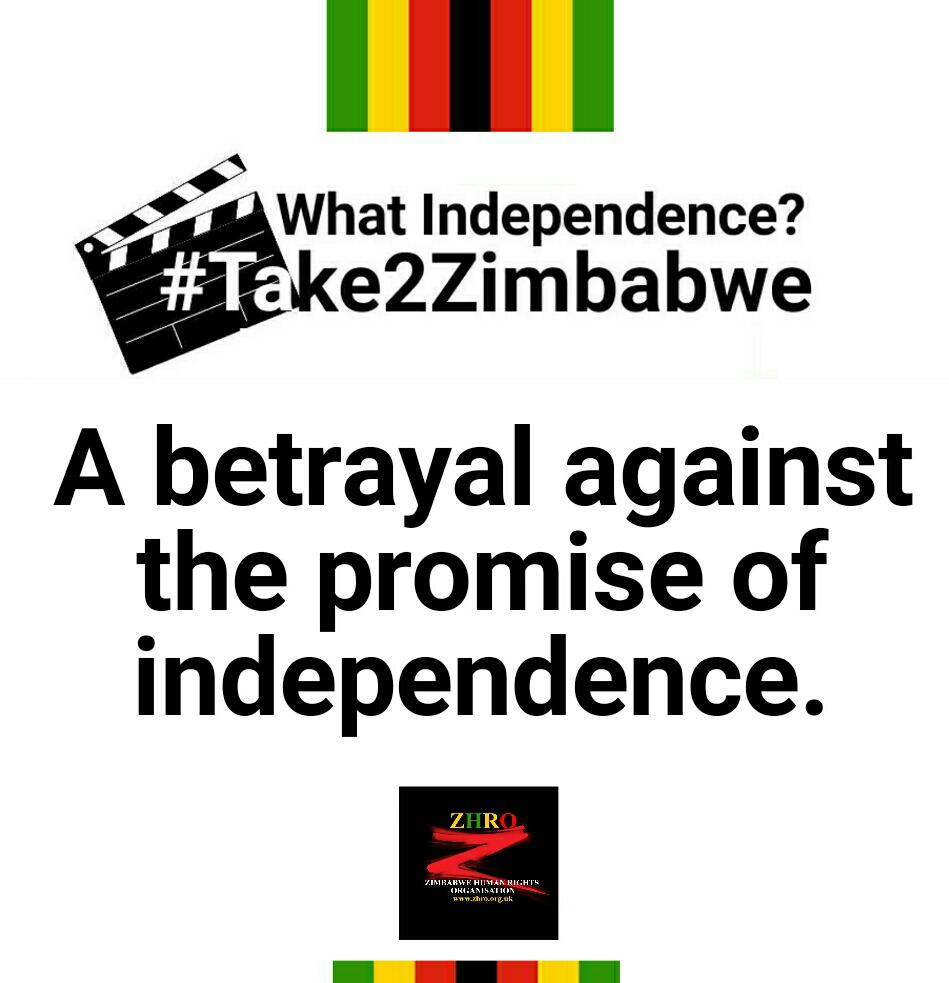 The Poisonous Relationship Between Politics and Corruption: Can it be Cured?
The Poisonous Relationship Between Politics and Corruption: Can it be Cured?
Over the past decade, the Platform for Concerned Citizens (PCC) has continuously pointed out that the crisis in the political economy of the country requires more than another election, more than a forced transition within the ruling party, more than government of national unity, and argued that the country needs a thorough reset.
This suggestion gained traction in 2025 and seems even having support within the ruling party in the repeated statements of the Vice President and war veterans about the capture of the state by a corrupt elite.
In particular, the statements of the Vice President are remarkable in how little they have sparked concern within ZANU-PF or the government, when it is common cause right around the country that the nexus of corruption and politics is so palpably obvious. Chiwenga continues to keep silent, and doesn’t bother to defend his claims, because he knows that he merely expressing what the entire nation knows to be true, as pointed out by Reason Wafawarova.
The government, however, continues with the rhetoric that all is well and the economy is recovering, but scarcely any citizen believes this, and have been critical of the government for nearly a decade. From 2017 to 2024, more than two-thirds believe the country is going in the wrong direction, more than two-thirds state that their living conditions are very bad ot fairly bad, few (13%) claim full-time employment, over half have gone without cash income (always or many times).
Quite evidently, the Vice President is articulating the views of most Zimbabweans, and it is remarkable that this produces no response other than denial or attack.
This was the central point made by the PCC nearly a decade ago: the government had no possibility of serious reform, either politically or economically, and what was true in 2016 is still true in 2026. It has not even been able to take advantage of the soft landing offered by the Arrears Clearance and Debt Relief Process, providing minimal reforms under Economic Growth and Stability, stuck on Land Tenure Reforms, and failing wholesale on Governance Reforms: the rule of law and protection of Fundamental Rights and Freedoms remain weak and too frequently violated with impunity. Even constitutionalism is being challenged by the 2030 agenda, and hence it is unsurprising that Zimbabwe is deemed an Electoral Autocracy, and scores poorly on virtually every international indicator of democracy and governance.
The country is obviously in a state of political paralysis, unable to extract itself from a vicious cycle: the political configuration enables the corruption, and the corruption reinforces and protects the political configuration. This relationship has been profiled and discussed on multiple SAPES Policy Dialogues in 2024 and 2025, and again recently, but what has been lacking is any clear remedy for the disease.
The single candidate, outside of elections and an unlikely popular uprising, has been the notion of a National Transitional Authority (NTA), all too often dismissed as unlikely given the determination of ZANU-PF to hold onto power and the demise of any serious political opposition. Some may argue for a government of national unity, but past experience demonstrated that will not work when one party holds all the reins of effective power. Furthermore, how can there be a government of national unity in the complete absence of an opposition?
Others argue for popular civic action, but this seems unlikely in the absence of any viable organisation and the clear lack of trust by the citizenry for any political party, a complete lack of political trust actually in state, government, political parties, duty bearers: in fact, everyone except religious leaders and civil society organisations.
- Details
- Written by: Blessing Tariro Makeyi
- Hits: 35
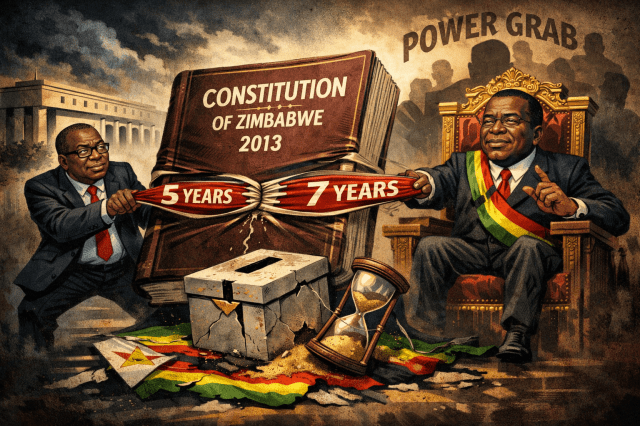 Constitutional Capture in Zimbabwe:
Constitutional Capture in Zimbabwe:
ZANU-PF's Manipulation of Legal Frameworks
Introduction
Constitutional capture refers to the process by which political actors manipulate constitutional and legal frameworks to consolidate power, undermine democratic institutions, and entrench authoritarian rule. In Zimbabwe, the Zimbabwe African National Union-Patriotic Front (ZANU-PF) has systematically employed constitutional capture since independence in 1980, transforming what should be a foundation for democratic governance into an instrument of political domination.
This document examines the mechanisms, evolution, and consequences of ZANU-PF's constitutional capture, analyzing how the party has manipulated successive constitutions to maintain its grip on power across more than four decades.
Historical Context: From Lancaster House to the 2013 Constitution
The Lancaster House Constitution (1980-2013)
Zimbabwe gained independence under the Lancaster House Constitution, a compromise document negotiated in London in 1979. While it included protections for white minority property rights and a brief period of reserved parliamentary seats for whites, it also provided Robert Mugabe and ZANU-PF with a constitutional framework they would later exploit. Key early manipulations included the constitutional amendments of the 1980s that removed reserved seats for whites, abolished the Senate, and critically, created an executive presidency with enhanced powers. The 1987 Unity Accord between ZANU and ZAPU consolidated single-party dominance, and the subsequent constitutional amendment that made Mugabe executive president concentrated unprecedented power in one office.
Failed Reform and the 2000 Constitutional Referendum
In 2000, ZANU-PF attempted to pass a new constitution that would have further entrenched presidential powers and provided legal cover for land seizures. However, the Movement for Democratic Change (MDC) led a successful campaign against the referendum, marking the first electoral defeat for ZANU-PF. This rejection did not deter the regime; instead, it accelerated extrajudicial land invasions and intensified political repression.
The 2013 Constitution: Promise and Betrayal
- Details
- Written by: Justin Prince Chihurani
- Hits: 96
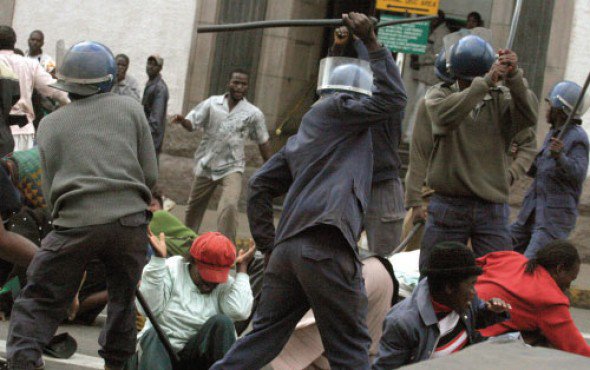 Zimbabwean Politics - Vision 2030 & Human Rights Concerns
Zimbabwean Politics - Vision 2030 & Human Rights Concerns
Zimbabwe’s political situation remains complex and highly debated, especially as the government continues to promote its Vision 2030 plan. Under President Emmerson Mnangagwa and the ruling party ZANU-PF, Vision 2030 aims to transform Zimbabwe into an upper-middle-income country by the year 2030. The plan focuses on economic growth, infrastructure development, and attracting foreign investment. While these goals sound promising, many citizens question whether meaningful development can happen without political reforms and respect for human rights.
In principle, Zimbabwe’s development goals are aligned with the United Nations Sustainable Development Goals, which promote poverty reduction, equality, and improved living standards. However, achieving these goals requires strong institutions, transparency, and accountability. Many Zimbabweans believe that corruption, lack of accountability, and political repression continue to hold the country back.
Human Rights remain a major concern. Reports from organizations such as Amnesty International and Human Rights Watch frequently highlight issues including the arrest of opposition members, restrictions on public protests, and intimidation of journalists and activists. In several instances, security forces have been accused of using excessive force against citizens who are expressing dissatisfaction with the government. Such actions create fear and discourage people from freely participating in political life.
Elections have also been controversial. There have been ongoing concerns about fairness, transparency, and the independence of key institutions. When citizens lack confidence in the electoral process, it weakens democracy and undermines trust in national development plans like Vision 2030.
In my view, economic development and human rights cannot be separated. For Zimbabwe to truly achieve its 2030 vision, there must be genuine respect for democratic principles, freedom of expression, and the rule of law. Without addressing these concerns, Vision 2030 risks becoming more of a political slogan than a reality that improves the lives of ordinary Zimbabweans.
- Details
- Written by: Blessing Tariro Makeyi
- Hits: 337
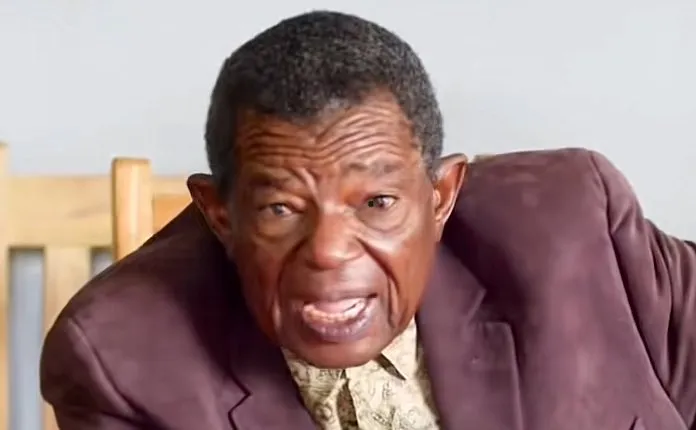 Blessing Geza (Cde Bombshell): Friend or Foe?
Blessing Geza (Cde Bombshell): Friend or Foe?
The death of Blessed Runesu Geza on February 6, 2026, has left Zimbabwe grappling with a question that refuses simple answers: was "Cde Bombshell" a courageous truth-teller who found his moral compass in his final days, or an opportunistic insider attempting to rewrite his own compromised history? The answer, perhaps unsatisfyingly, is that he may have been both.
The Insider Who Turned Outward
For decades, Blessing Geza was a man of the system. A liberation war veteran who fought in ZANLA during Zimbabwe's struggle for independence, he transitioned seamlessly into the post-colonial establishment. Rising through ZANU-PF ranks to the Central Committee, allegedly serving in the Central Intelligence Organisation, and playing a role in the 2017 military intervention that removed Robert Mugabe, Geza was no stranger to the corridors of power.
Yet in February 2025, this same insider became the state's most vocal critic. Through broadcasts on Heart & Soul TV, he leveled devastating accusations against President Emmerson Mnangagwa and his inner circle: industrial-scale corruption, involvement in the alleged 2020 poisoning of Vice President Constantino Chiwenga, economic monopolization by connected businessmen like Kudakwashe Tagwirei and Wicknell Chivayo, and the betrayal of liberation ideals.
The specificity of his allegations suggested insider knowledge. The vehemence of his delivery earned him the moniker "Cde Bombshell." But the timing raised uncomfortable questions.
The Deathbed Convert?
Here lies the central tension in evaluating Geza's legacy. Medical sources indicated that doctors had told him months before his activism began that he was dying of cancer. He only revealed this publicly in his final letter, hours before his death in a South African cardiac hospital.
Critics argue this timing is damning. Where was this moral outrage during his years benefiting from the system
- Details
- Written by: Dickson Chikwizo and ZHRO
- Hits: 314
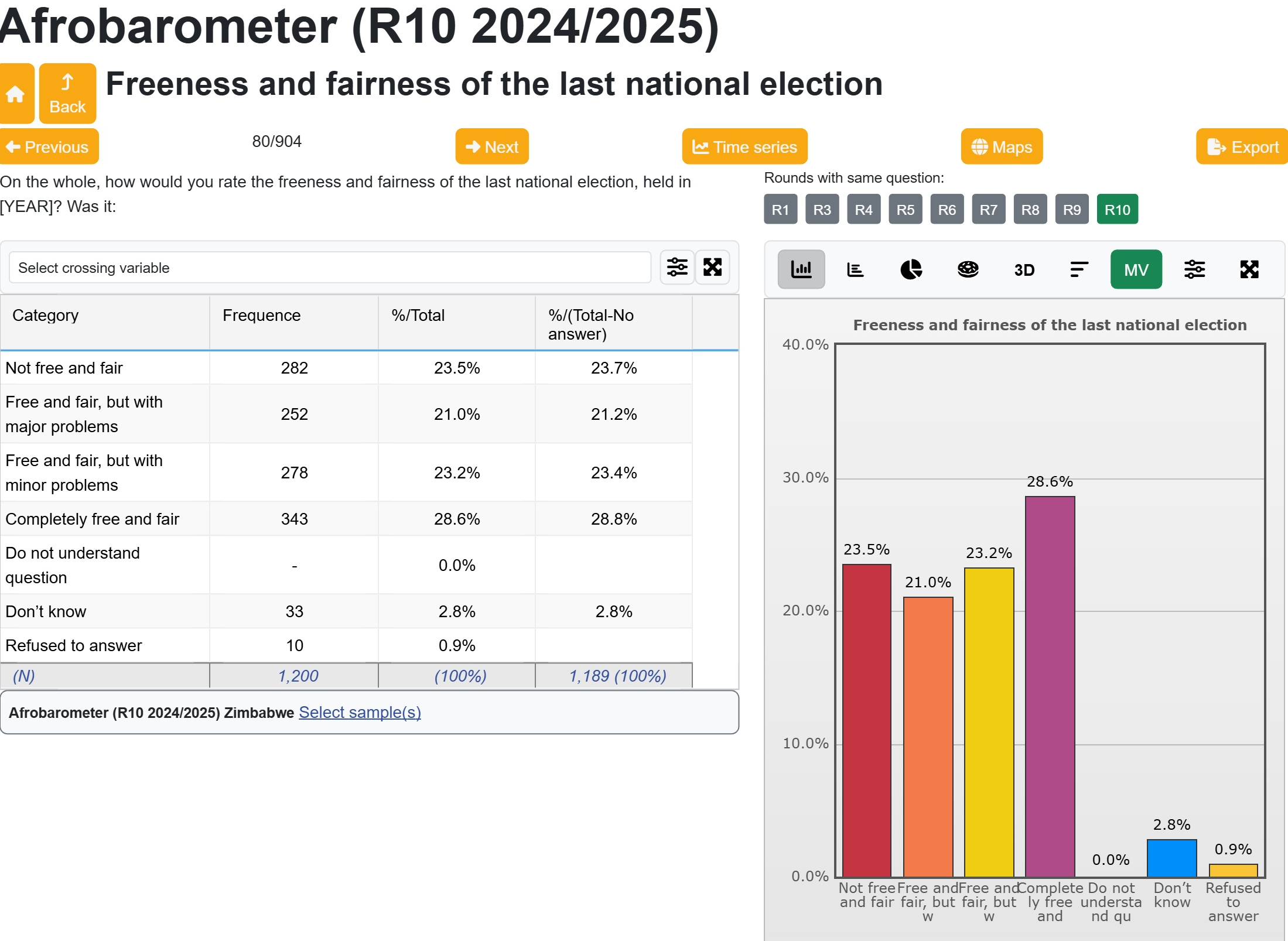 ZIMBABWEANS- EXPRESS SUPPORT FOR ELECTIONS, "CONCERN OVER PROCESS!
ZIMBABWEANS- EXPRESS SUPPORT FOR ELECTIONS, "CONCERN OVER PROCESS!
- A slim majority (52%) of Zimbabweans rate the 2023 elections as completely free and fair or free and fair with minor problems.
- 76% of citizens say they are free to choose whom to vote for without feeling pressured, up from 65% in 2009.
- Fear of political intimidation or violence during election campaigns declined sharply over the same period, from 83% to 31%.
All the above 'findings' have a lot of contradictions - considering the known issues within the Zimbabwe Electoral paradigm
And most likely due to the tiny data set of 1,200 respondents, something relatively easy to rig - just like the elections (see external opinions on this aspect below) - see image [Also click on the image to see a larger file with easier to read information]
- The 2023 Zimbabwean elections were marred by electoral fraud, manipulations and disinformation, they were rigged!
- The intimidation and violence (psychological and coercive) unleashed on the citizens of Zimbabwe during and after the 2023 elections, mainly in rural Zimbabwe is still going on.
- There was voter suppression by denying the right to vote in the 2023 election particularly in Harare and Bulawayo where ballot papers were systematically not delivered.
- There was also the midnight voting, and midnight printing of ballot papers.
- Zimbabwe Electoral Commission, (ZEC) failed to pass the confidence and credibility test. SADC Elections Observer Mission Final Report on Zimbabwe 2023 elections said it like it is.
- There is nothing being done on the recommended resolutions.
- The ZANU PF government side stepped the report and is continuing to use the stolen power, as if they have a full mandate from the citizens.
THE 2025 HUMAN RIGHTS DAY!
Zimbabwe Peace Project (ZPP), released a press statement on the 10th December 2025.
- In the year 2025 alone Zimbabwe Peace Project has documented 1235 human rights violations affecting 44,853 people across the country.
- These are mostly reports of abductions, torture, disappearance and inhuman treatment remain deeply concerning.
- The Afrobarometer report is sounding fine tuned to fit the ZANU PF regime's agenda E D 2030.
- As citizens in search of peace, freedom and happiness we remain focused, we will get there.
